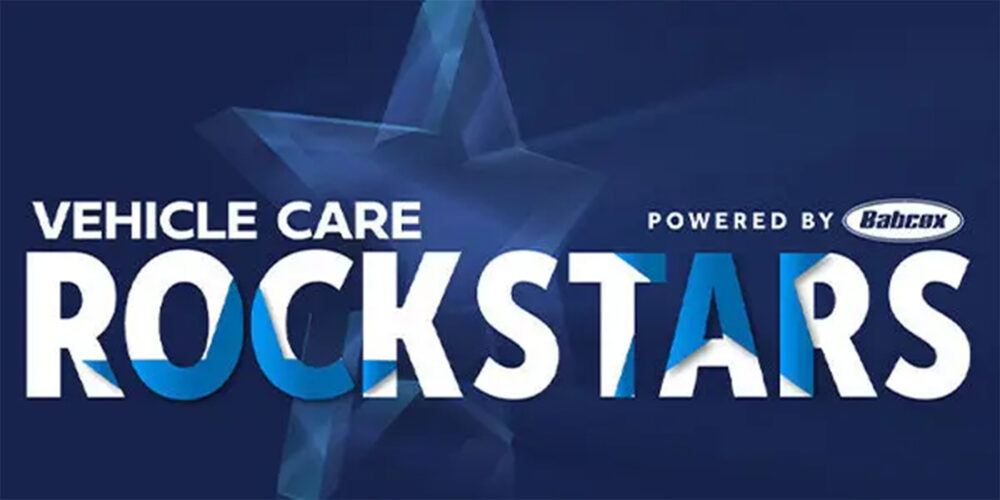Sending a kid off to college hundreds of miles from home with a car is asking for trouble. I know because I’ve done it twice. Sooner or later (and usually late at night), you get a phone call from your offspring. The car won’t start. There is something leaking from under the car. The car is making a funny noise. There’s steam coming out from under the hood. The Check Engine light is on. You name it.
Car problems and repairs are unavoidable, especially with older, high-mileage vehicles. Eventually, something is going to break and you’re going to have to spend money to fix it. That’s what keeps our readers in business.
The scary part, though, is when they’re on the other side of the customer service counter. If you’re a shop owner or a technician and your own car has a problem, or your kid’s car breaks down, you may be able to fix it yourself. If you can’t, at least you have a pretty good idea of where to take the vehicle to get it fixed. But when your kid and their car are hundreds of miles from home, you don’t have that option. All you can do is ask some questions that will hopefully shed some light on what might be wrong and what it might cost to fix it.
The distance factor and not being familiar with the repair facilities in the town where your kid is going to school puts you (and your kid) at a big disadvantage. You’re at the mercy of the Yellow Pages, any repair shop listings you can find on the Internet, or whichever shop happens to be close to campus. You can’t ask for local references because you probably don’t know anybody who lives there or has their vehicles serviced or repaired there.
Picking a repair facility at random is not a good idea. You might choose a good shop or you might not. Yet, many parents are forced to do just that when they find themselves in a situation like this because they don’t know what else to do.
So here’s what I’ve done when I’ve found myself in a similar situation. First, I go to the Automotive Service Association website (www.asashop.org) and search for a shop that is a member of ASA. These tend to be quality repair facilities with techs who can hopefully fix your kid’s car. I may also search for local shops using any one of the many online “Find a Repair Shop” websites such as iCARumba.com, Mechanicadvisor.com or iATN’s repair shop finder page, www.iatn.net/shopfinder/.
Hint: If your shop is not a member of a trade association, affiliated with AAA, or using a shop finder referral service, maybe you should consider it. These resources can be very effective at directing new customers to your shop.
After I’ve put together a short list of shops in the area, I then check to see if they have a website. I look for information such as years in business (a good indicator of success), if they employ ASE-certified technicians, and any repair specialties they claim to have. I don’t care about how fancy or flashy their website looks. I just want a shop that can fix my kid’s car, and fix it right the first time and at reasonable cost.
Hint: If you don’t have a website yet for your shop, get one. They are relatively easy and inexpensive to create, and can help steer customers to your front door. Be sure to list the things I’ve just mentioned as well as your hours, location and phone number. That’s all you really need.
Once I’ve pared down my list of choices, I then go to the Better Business Bureau website (www.bbb.org), enter the local zip code, then search for the repair shops on my short list to see (1) if they are members of the BBB, and (2) if they have any complaints. A shop that is a member with few or no complaints is good. A shop that isn’t a member is not necessarily bad, but it makes me wonder why they can’t afford to be a BBB member. If a shop has a long list of complaints, it’s a red flag that warns me to steer clear of them.
After I’ve narrowed the list of repair shops to a few best picks, I then call the shop directly. I describe my kid’s car problem, what might be wrong with it (if the problem is obvious), and then ask what everybody eventually asks, “How much will it cost to fix it?”
I realize that it’s difficult to give a repair estimate over the phone until you’ve had a chance to examine the car to determine what exactly needs to be replaced. But for basic repairs such as replacing a water pump, fuel pump, alternator, starter, etc., there’s no reason why you can’t provide a reasonably close estimate. Brake and driveability problems with unknown causes, on the other hand, are not so certain and are much more difficult to quote.
The better shops I’ve dealt with over the years don’t play games on the phone. They don’t toss out a lowball quote they know is not realistic as bait so they can set the hook and reel me in. They give me a precise quote for parts and labor (if we know what needs to be replaced), or if we don’t know what’s causing a problem, they give me some ballpark figures as to what it might cost based on best-case and worst-case scenarios. As a consumer, that’s very reassuring because it empowers me to make a more informed and intelligent repair decision.
The point of this editorial is to put yourself in your customers’ shoes. What sort of qualities would you look for if your son or daughter or spouse were far from home and had a car problem? Those are the same qualities you should strive to offer in your own business.













